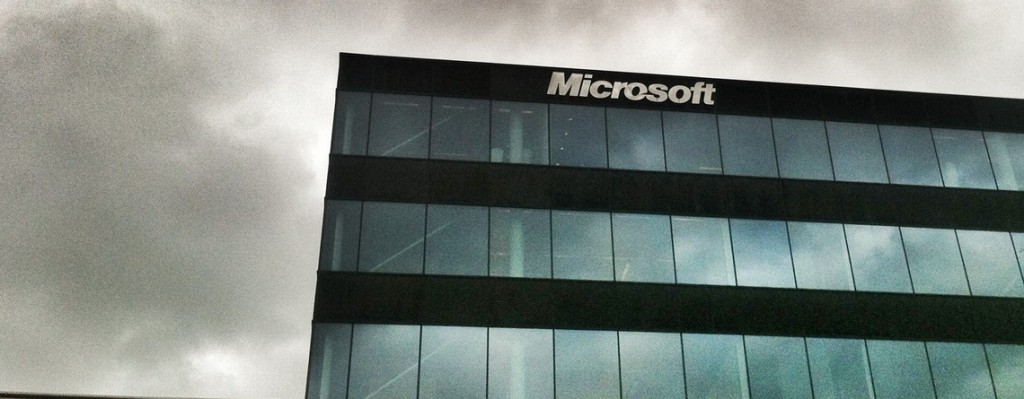Office 365 is a result of a philosophy coined by Bill Gates’s white paper “The New World of Working“.
I was made aware of this philosophy by a friend who’s working for Microsoft. It was a side of Microsoft I had never seen before. It’s a philosophy which didn’t fit into the image I had of the company.
A monopolist who’s always late to the party and thanks its existence to the dependency they so successfully created through their office products.
Lighthouse
Microsoft has come a long way. Especially Microsoft The Netherlands, now the “Lighthouse” division, it leads the way into the new way of working. Not just for their partners and clients, but for other Microsoft divisions too, across the globe.
Journey
They started the journey of rehabilitating themselves into a Social Business in 2005(!).
CEO Theo Rinsema asked the question if they were living up to to the “The New World of Working” envisioned by Mr. Gates. The answer was ‘No’.
Rinsema, like a few other CEO’s before and after him, stood on stage during an event and told it’s employees that they would start a journey together. And like others before and after him, he knew where he wanted to end up, but had no idea on how to get there. He asked everybody at Microsoft The Netherlands for help. Mind you, even Steve Balmer had to green-light the transformation.
Now, 8 years later we can see the results of this journey.
Time
One thing is clear. Transforming your business into a Social Business takes time and a whole lot of patience. 8 years running and still they’re learning, developing, innovating and honing their plan.
Over the past decade, software has evolved to build bridges between disconnected islands of information and give people powerful ways to communicate, collaborate and access the data that’s most important to them. – Bill Gates, 2005
Because of the transitional nature of business in general and social business in particular the innovation never stops. Especially if you are one of the pioneering companies. Granted, there are more companies going at it, IBM and GE are two prime examples, but they all started from the same place, an old classically structured business with a top down mentality, there was no map available.
Culture
Things are different now, maps are available, some with detailed guides on how to get you where you want to go. But, social is a custom business. Even the better books have to take into account the differences in culture, size, budgets and commitment. It’s not just a change, it’s an evolution.
Microsoft’s New World of Working
And people who live this new world of working realise this. They see what’s at stake, what needs to change and what the impact is on the individual.
People like Michiel Hoogenboom who passionately shared the story of his journey with Microsoft NL. Starting with the mentality that he had to be at his desk at 09:30. 5 minutes late was reason enough be asked why he was late.
Now, he leaves home after peak traffic, stops by a colleagues’ home for a meeting before heading to the office. Which he leaves before the afternoon peak traffic (a really good idea in Holland, especially between Amsterdam and Rotterdam).
The new home on Schiphol was designed with this revolution in mind. Nobody has an office, not even Theo Rinsema. Flexibility is the key here.
After diner and spending time with his kids he opens his laptop and is instantly connected to his entire office environment. Able to edit and share documents, call or chat with anybody who’s online, and e-mail of course. All through a secure connection, all in the cloud. Office 365 is the technology that enables the people.
The people are the core and Microsoft is People Ready. Obviously it works, read more (Dutch).
I’ll let Theo Rinsema explain Microsoft’s The New World of Working:



